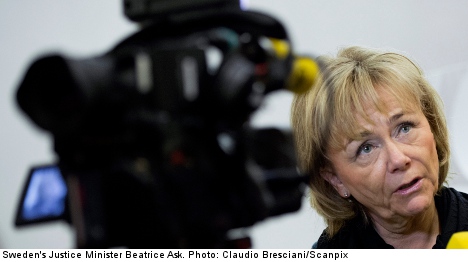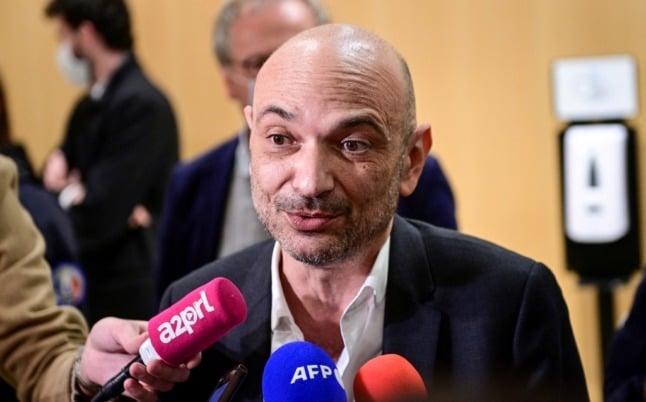“There isn’t enough protection against taking photographs that violates the person being photographed, the court have told us that,” Justice Minister Beatrice Ask told the TT news agency.
She has long championed the law, citing examples of teenage girls filmed in the shower without their knowledge.
The new proposal would ban taking photos clandestinely in the home or in public spaces such as restrooms and changing rooms.
The maximum penalty for breaking the law would be two years in prison.
The first draft of the proposal had to be withdrawn earlier in 2012 after a judicial review board sent it back to the government covered in red ink.
Its main aim has always been to ban taking photographs when people are not aware they are being pictured or filmed.
The first draft talked about criminalizing photography that had “the aim of violating the portrayed person”, whereas the new draft redefines it as “secret filming or photographing”.
The rewritten proposal also instructs the courts to take into consideration that some news photography can be perceived as intrusive, but that will remain protected by the laws governing press freedom.
The justice minister does not think the new law will hinder photojournalists in their work.
“We have suggested exceptions to the law when there are circumstances that could justify photographing people in secret,” Ask said.
“It’s a judgement call from case to case.”
She said it would not apply, for example, to when press photographers take images of a scandalized politician through the window into his or her house, even though it could technically be classified as “secret” photographing.
“My main focus has always been, and I think I’ve been very clear on this point, that everyday folk shouldn’t have to feel intruded on or violated by photographs being taken in very private situations.”
TT/The Local/at



 Please whitelist us to continue reading.
Please whitelist us to continue reading.
Member comments